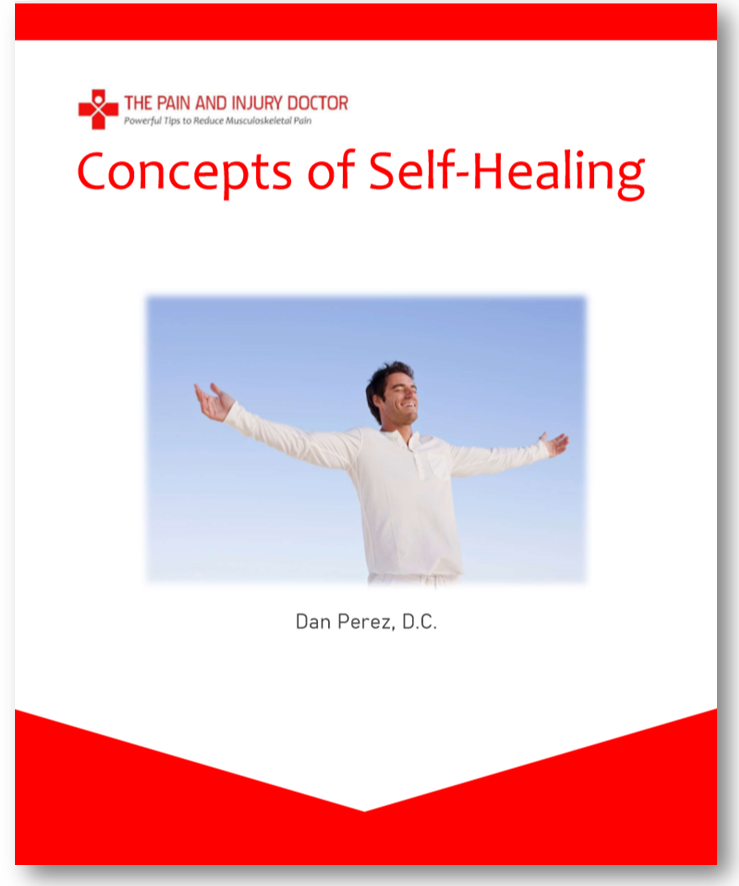Whatever country you live in, you likely are seeing daily news on the novel (new) Coronavirus. Should you be concerned?
Here are the facts:
Coronaviruses (corona means crown which is what the virus looks like under electron microscope) are a large family of viruses that cause illness ranging from the common cold to more severe diseases such as Middle East Respiratory Syndrome (MERS-CoV) and Severe Acute Respiratory Syndrome (SARS-CoV). Coronaviruses are zoonotic, meaning they are transmitted between animals and people.*
The novel coronavirus (nCoV) that first appeared in December last year in Wuhan, China is a new strain, designated Covid-19, that has not been previously identified in humans. We are still learning about its life cycle; i.e. where it originates; ways it can be transmitted; its incubation period (the time it takes from acquiring it to noticing symptoms); specific effects on the human body, and recurrence (can you get re-infected after symptoms disappear?).
Common signs of infection include fever, cough, shortness of breath and breathing difficulties. In more severe cases, infection can cause pneumonia, severe acute respiratory syndrome, kidney failure and even death. Like with most infectious diseases the elderly, very young, and individuals with underlying disease (lung disease, HIV+, advanced diabetes, etc.) are the most susceptible to getting infected and experiencing severe reactions to the virus.
The mortality rate (death rate) of the novel coronavirus is much higher than the flu (influenza) virus. This is likely because of the lack of a vaccinated population, and people not having the antibodies (immune system defense) to the new virus. It does not necessarily mean that the virus is more dangerous/ potent than the influenza virus.
The novel coronavirus can be transmitted by touch and inhaling into the lungs. It’s not clear yet if it can be transmitted via contaminated food/ eating utensils.
There are cases of community spread, which means the virus is able to spread from person to person within a set community; meaning you don’t have to come into contact with someone who got the disease in another country in order to get the disease; you can get it from someone who is already in your community who did not travel outside the country but got it from someone who did or from a person several downlines from that original carrier.
Coronavirus in the media
Ok, those are the facts. Now, let’s talk about the way the virus is being reported on television and internet.
News stations across the country, and world, vary greatly in the way they report news. Typically, they draw information from a central source and press releases from authority centers. In the U.S., the Centers of Disease Control (CDC) is the official hub responsible for disease control. In the U.K. the responsibility goes to the Department of Health and Social Care (DHSC). If news reporters are doing their job properly, they just report the official statements coming out from these authority centers, and perhaps bring in local experts (having advanced education and training in infectious disease) for commentary. Regular news reporters should refrain from injecting their own analysis, opinions and predictions about the virus, but this is not always the case, and it often leads to conflicting and confusing messages to the public.
In the age of the internet and social media, practically anyone can spread misinformation. Some websites come across as official-looking news sites when in fact they are opinion outlets pushing an either left or right wing political agenda. Unfortunately, the traditional norms of proper, respectable journalism have been blurred, and these days some news reporters, or "talking heads" are taking liberties with their reporting, inserting their opinions instead of focusing on the facts and statements coming from the authorities—the scientists--who, also unfortunately, are being pressured by their government to report their findings a certain way, taking into consideration political calculations. This may compromise public safety, or cause undue panic depending on the intent of the public message.
Lastly, there is the issue of TV ratings. In the U.S., viewership translates to more money (advertisers buying commercial air time, or for the internet, view time). Journalists/ news reporters are being told by their bosses to make their reporting interesting so that people won’t change the channel or switch to another news website. Since it is well-known in advertising that people respond more strongly to messages that invoke emotion rather than those that appeal to reason, the tendency is to over-dramatize the narrative. This is OK when trying to sell things like cars and life insurance, but when it comes to serious things like infectious disease, it would be much better if reporters would just report the facts and advice put out by the experts. I believe that having 24/7 coverage on the coronavirus is not only unnecessary, it promotes hysteria, which creates secondary, harmful repercussions such as racism (prejudice against Asian people), hording food and supplies, and avoiding restaurants which hurts the local economy.
So what am I getting at? Here is the question I think everyone is wondering:
“How serious is the novel coronavirus, and should I be worried?”
My advice is to seek out the facts and filter out the drama as best you can. Take necessary precautions; the same ones you take during flu season which we are still in:
- Wash your hands thoroughly under running water, for at least 20 seconds, periodically throughout the day.
- Avoid touching your face: don’t give the virus a clear path to your respiratory system. Also, don’t touch your eyes, as viruses can enter the bloodstream through your eyes.
- When in public, avoid direct contact with handles and objects meant to be touched/grasped: door knobs, toilet stall handles, backs of chairs, controls on machines, etc. Use a paper towel to cover it if you need to grasp/ touch it. As far as handshakes, use an alternative form of greeting such as fist or elbow bumps.
- Cover your nose/mouth when sneezing: do it in your elbow; use a handkerchief.
- Stay a good distance from people who are exhibiting symptoms. Think in terms of not breathing in air close to them (use a scarf; hold your breath if you need to pass near them, etc.).
Basically, be mindful of your surroundings and be diligent about these things, and go about your normal day. Remember, your risk of contracting the flu is much greater than contracting the coronavirus. CDC estimates that so far this season there have been at least 22 million flu illnesses, 210,000 hospitalizations and 12,000 deaths from the flu. Chances are, anyone reading this wasn't aware of these figures. This puts things into perspective.
By all accounts, if you do contract Covid-19 you will recover, as many already have, as long as you do not have any underlying disease/ health conditions that make you more susceptible. It will be very unpleasant, but the chances are excellent that you will recover. The coronavirus will fade, as all past viral outbreaks have, in the coming weeks and life will be back to normal.
In the meantime, check out this video I made a few years ago about avoiding the flu, because it is relevant to today:
*World Health Organization website. URL: https://www.who.int/health-topics/coronavirus









Good points. I think the media has a responsibility to deliver just what is true, and not dwell on what might happen. It is not helpful to cause alarm because it hurts businesses unecessarily, which means people will be laid off and families will suffer.